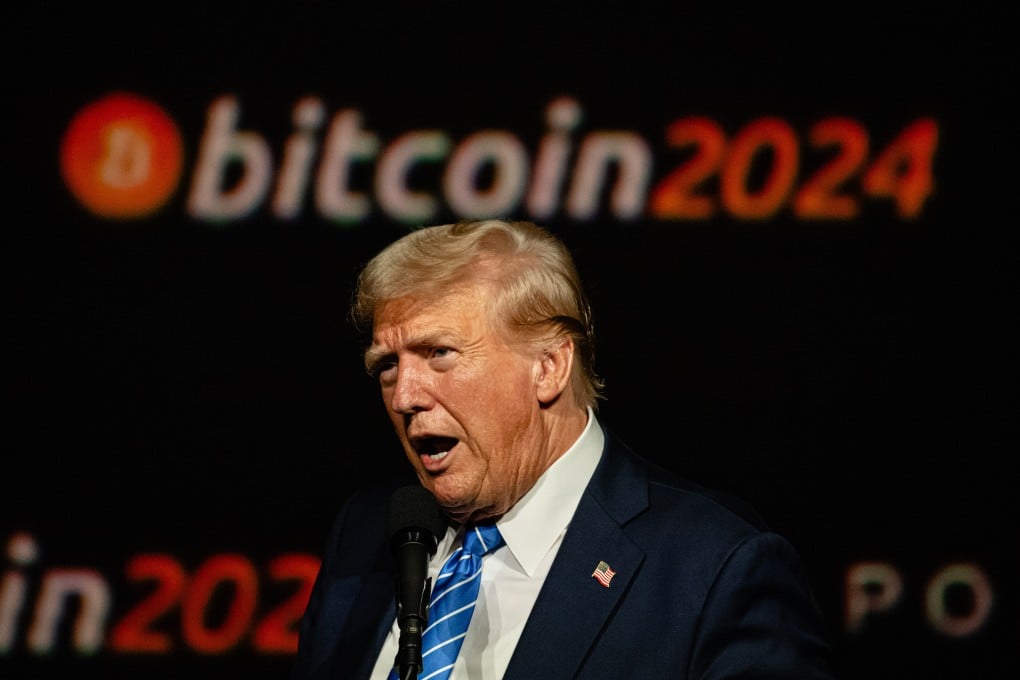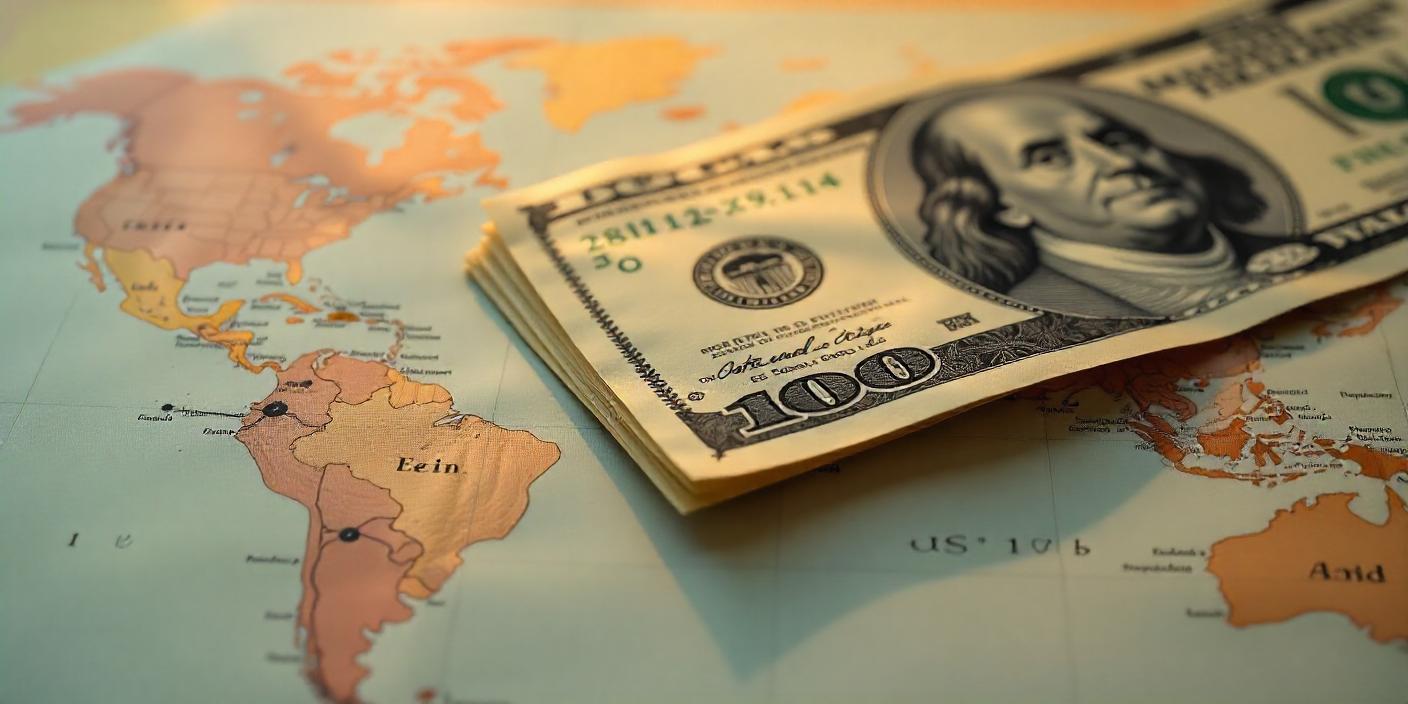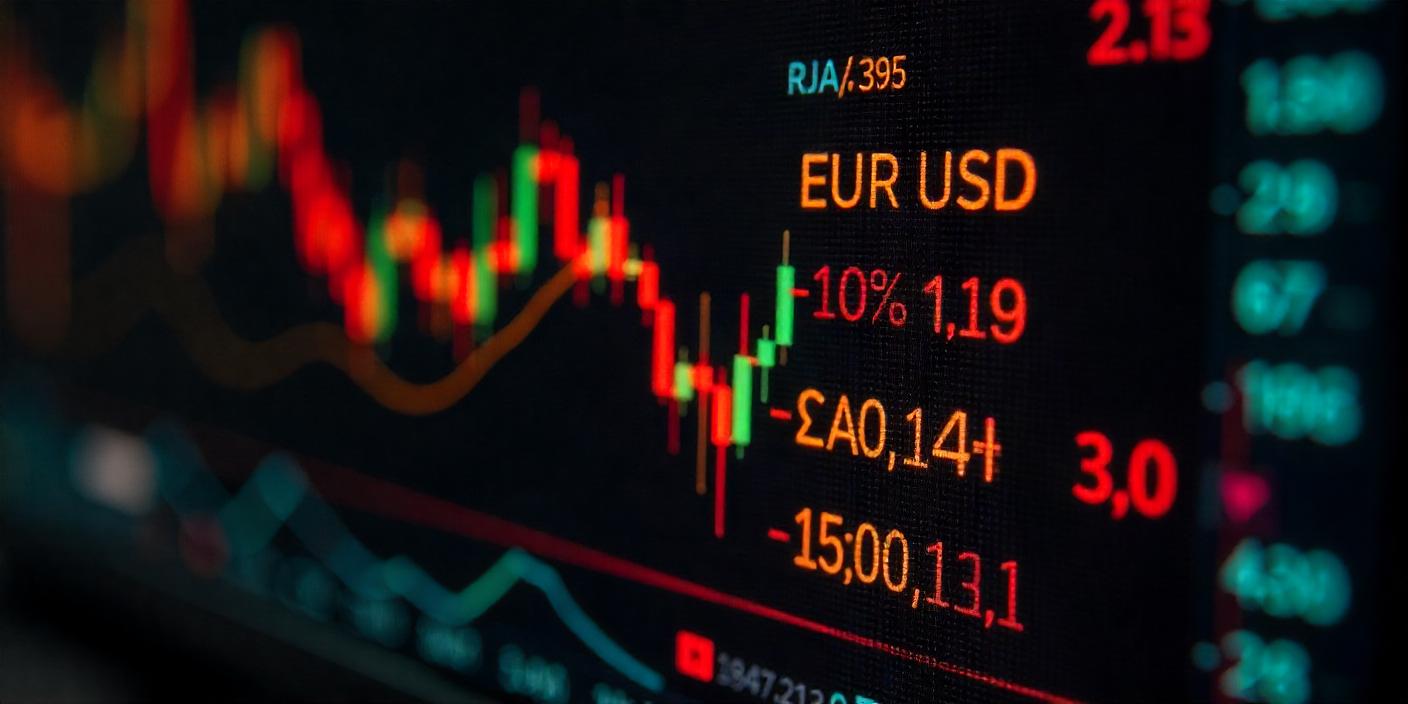President Donald Trump at the Bitcoin 2024 conference in Nashville, Tennessee, in July. Photo: Getty Images/TNS
On Tuesday, Bitcoin hit a record high. As of Nov 12, it is up by 30%. Not just Bitcoin, Dogecoin also rose by 152%, a cryptocurrency backed by Elon Musk.
Why did the crypto market rise after Trump’s win?
Firstly, let’s look into Trump’s view of crypto. During his first presidency, he and crypto were not on good terms. However, in this 2024 election, he has pitched himself as the “crypto messiah.” He says that America will embrace industries of the future, including making America the world capital for crypto and Bitcoin.
He launched his own coin and even used Bitcoin to purchase some burgers. Clearly, this caused a positive reaction from the crypto industry. The industry spent over $120M to support his campaign.
Secondly, one promise he made was to change chairs at the SEC to ensure they keep their hands away from Bitcoin and crypto, allowing it to grow. He promises to leave the sector unregulated—without scrutiny.
Thirdly, his energy policies show promise for the crypto market as they are “pro-mining.” Cheaper energy means lower costs for mining one Bitcoin.
Other than these three points, there are plenty of other movements like opening the largest mining infrastructure in America and so on.
The question is, will crypto keep on rising and how high can it go?
More than fifty million Americans have already placed their bets on the crypto industry, not including the number of investors worldwide. However, its popularity doesn’t make it secure—it is a speculative asset, a high-risk one where people can lose all their gains overnight.
In simpler words, there’s a lot of money at stake.
Currently, the pro-crypto president has triggered a massive frenzy, with multiple crypto companies investing further in the industry. Already, we see a $700B increase in market cap. They revised their forecast from $100K to $120K for this year alone.
There is also the massive surge for mining and the policies to be placed that is pro-crypto, to allow the many companies to grow for the development of crypto.
It is yet to be said how high they think Crypto can go however, this shows its inflationary nature extremely well as overnight, the rise in its price is massive compared to other holdings or assets.
How can this inflationary nature impact the market?
This surge in purchasing power could inflate goods and services overall, making crypto effectively powerless in the long run.
One of the main issues would have to do with the speed in which it grows does not allow the overall economy time to adjust to compensate for the sudden growth—unlike other assets that take time, allowing the markets and the supply to react beforehand.
While both cryptocurrencies and fiat currencies are floating assets, one is more speculative due to its nature. Crypto is not controlled by policymakers, while fiat currencies are regulated by bodies with several stabilizing factors.
Speculation plays a role for both currencies, but one relies entirely on it right now. In other words, if the economy cannot control the currency’s strength, there will be too much purchasing power for some people, allowing them to dominate the global economy.
There’s also concern about increased mining efforts, which could lead to a sudden deficiency in global electricity and power shortages. Power and oil are limited resources on Earth. Eventually, their scarcity will drive prices higher, not lower. They are assets expected to rise over time, not fall.
There’s also the question of “real value.” Unlike gold, which has numerous uses and a limited supply, crypto, having no real value beyond speculation and trust, can drop as easily as it rises.
There are many other reasons why this deserves further discussion, but primarily, it revolves around a highly inflationary tactic. However, it also shows near-term promise for many. If you can ride the current wave and take what you can before the massive bubble pops, then you’re in it for the rise.
In simpler terms, it’s wise to be cautiously positive.
By: Tim Figueroa, Market Analyst









